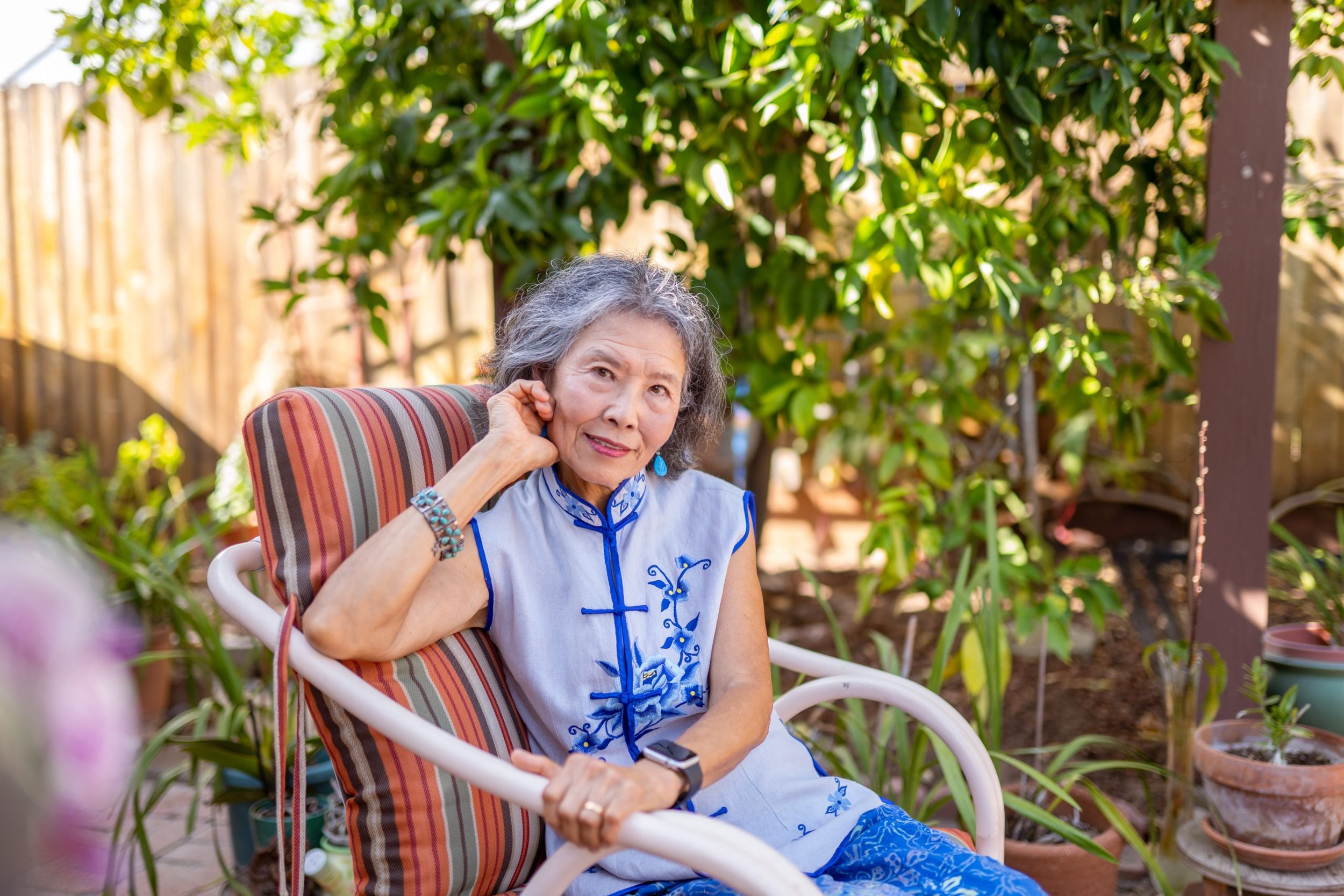
SHIRLEY GEOK-LIN LIM is a pioneering Malaysian-American poet, fiction writer, memoirist, and literary critic whose work has significantly shaped Asian American and transnational literature. Born in 1944 in Malacca, Malaysia, during the Japanese occupation, she grew up in a Chinese family navigating poverty and cultural dislocation. Her early experiences of marginalization and resilience profoundly influenced her literary voice.
Lim pursued her undergraduate studies at the University of Malaya and later earned a Ph.D. in English and American Literature from Brandeis University. Her academic career includes teaching positions at institutions such as the Massachusetts Institute of Technology, the National University of Singapore, and the City University of Hong Kong. She served as Chair Professor at the University of Hong Kong and Chair of Women’s Studies at the University of California, Santa Barbara, where she is now Professor Emerita.
Her literary debut, Crossing the Peninsula and Other Poems (1980), garnered the Commonwealth Poetry Prize, making her the first woman and the first Asian to receive this honor. Lim's extensive body of work encompasses over eleven poetry collections, including In Praise of Limes (2022), Walking Backwards (2010), and Monsoon History (1995). Her poetry is known for its lyrical exploration of identity, displacement, and cultural hybridity.
In addition to poetry, Lim has authored several works of fiction, such as the novels Joss and Gold (2001) and Sister Swing (2006), and short story collections like Two Dreams (1997). Her memoir, Among the White Moon Faces (1996), received the American Book Award and offers a poignant narrative of her life across continents and cultures.
Lim's critical contributions include co-editing The Forbidden Stitch: An Asian American Women's Anthology, which also won an American Book Award, and editing Writing Singapore: An Historical Anthology of Singapore Literature (2009), a seminal work in Singaporean literary studies. She has been instrumental in founding the Journal of Transnational American Studies, reflecting her commitment to exploring literature beyond national boundaries.
Her accolades are numerous, including the Fulbright Distinguished Lecturer Award, the MELUS Lifetime Achievement Award, and the Feminist Press Lifetime Achievement Award. Lim's work has been featured in prominent journals such as The Hudson Review, Feminist Studies, and Virginia Quarterly Review, and showcased by media outlets like Bill Moyers' Sounds of Poetry and Tracy K. Smith’s The Slowdown podcast.
Beyond her writing, Lim has been a generous benefactor to literary institutions, notably making a historic donation to the Feminist Press in honor of its 50th anniversary, underscoring her lifelong dedication to supporting feminist literature and scholarship.
Editor’s Introduction
To enter the poetic world of Shirley Geok-lin Lim is to step into a current, sometimes gentle, sometimes flaring, that carries the weight of ancestry, migration, language, and love in all its contradictions. Lim does not posture; she unveils. She gives us poems where motherhood and nationhood bleed into each other, where syntax is as precise as it is playful, and where identity is never static but always becoming, pressed between languages, bodies, and geographies.
These poems, which we publish here, traverse Kowloon rinks and California kitchens, wet markets and memory's clearing. In her hands, the ordinary becomes transfigured: a lime fallen on a suburban sidewalk speaks of abundance and exile; a gutted fish becomes history rendered in viscera and steel. She writes with the clarity of someone who has lived across borders not only of nation but of gender, class, and form.
Lim’s work is often praised for its intellectual rigor, its transnational reach, its feminist urgency. But perhaps what strikes most immediately in these selected poems is her voice: honest, wry, undeceived. Her poems know things. They carry with them the voice of the mother, the migrant, the professor, the daughter, the child growing up in Malacca, the woman driving down Highway 101. She says yes, but on her terms. She keeps distance, but always watches.
What you’ll find in these pages is not a performance of belonging, but a poetics of negotiation, between memory and forgetting, English and all the other languages it never quite replaces, between staying and leaving, wanting and refusing to want. In a world obsessed with clarity, Lim reminds us that complexity is not something to be solved, but to be honored.
Here, meaning is made not by declaration, but by the gentle accumulation of precise moments: the misheard phrase, the slip of a cleaver, the silent weight of a son’s uncertain answer. Lim’s is a poetry of return, not to any fixed homeland, but to the inner pulse that tells us we are, despite everything, still alive, and still listening.


